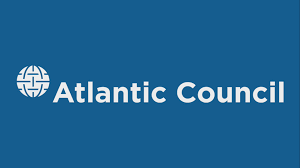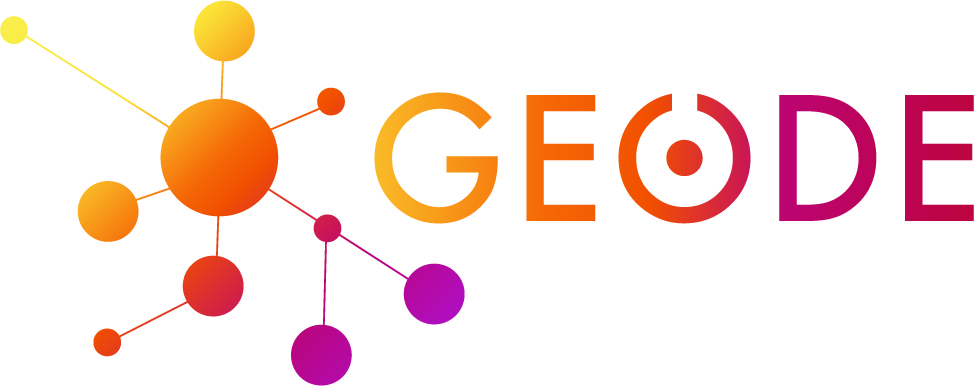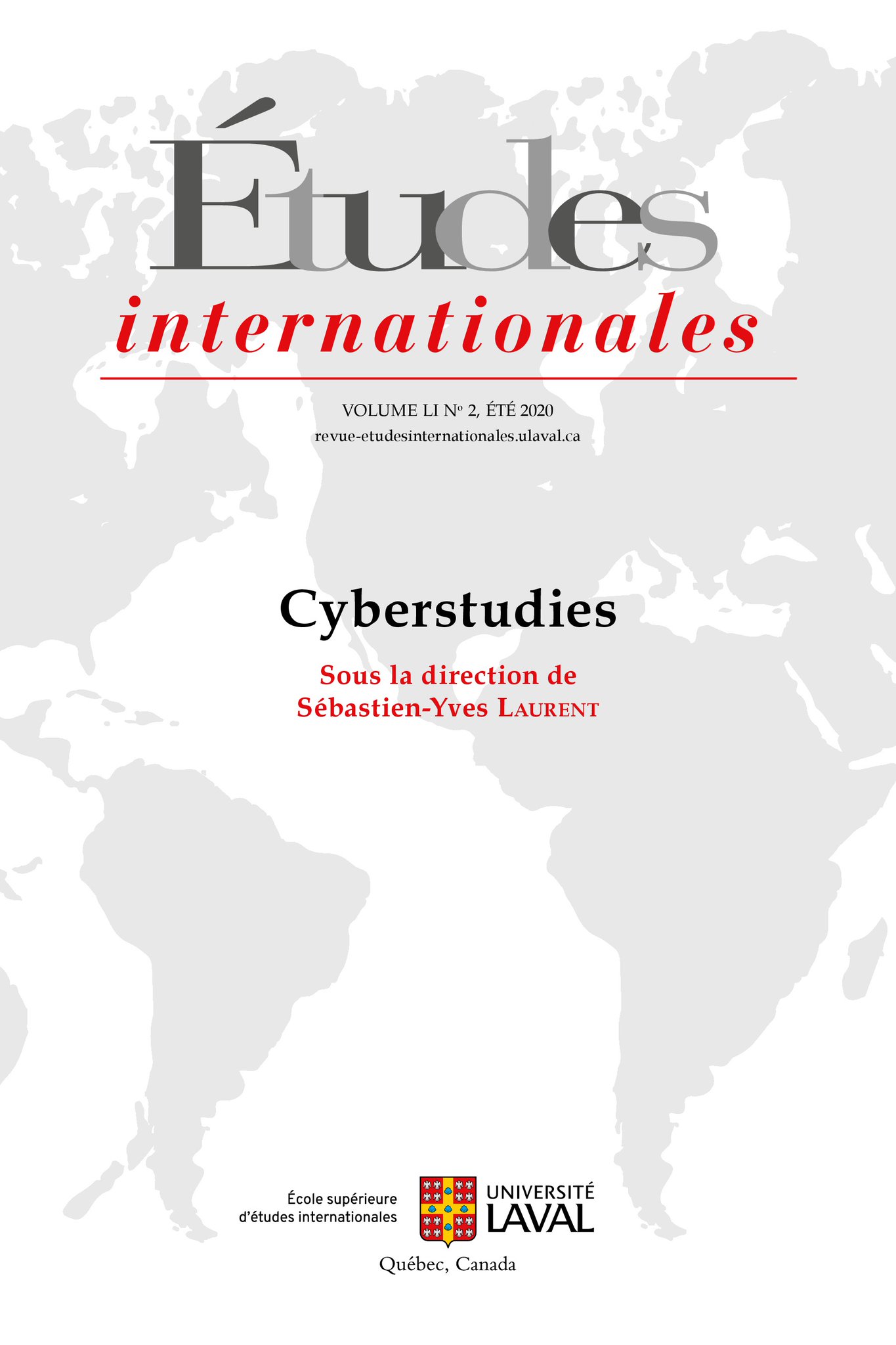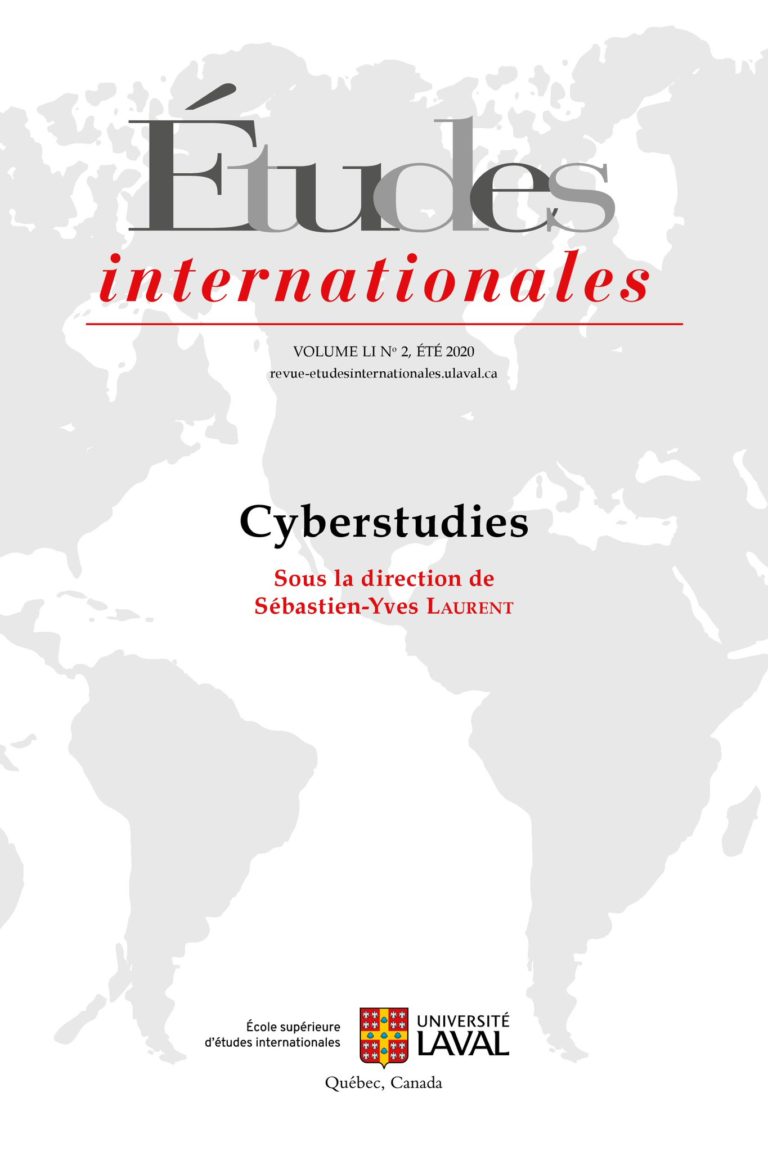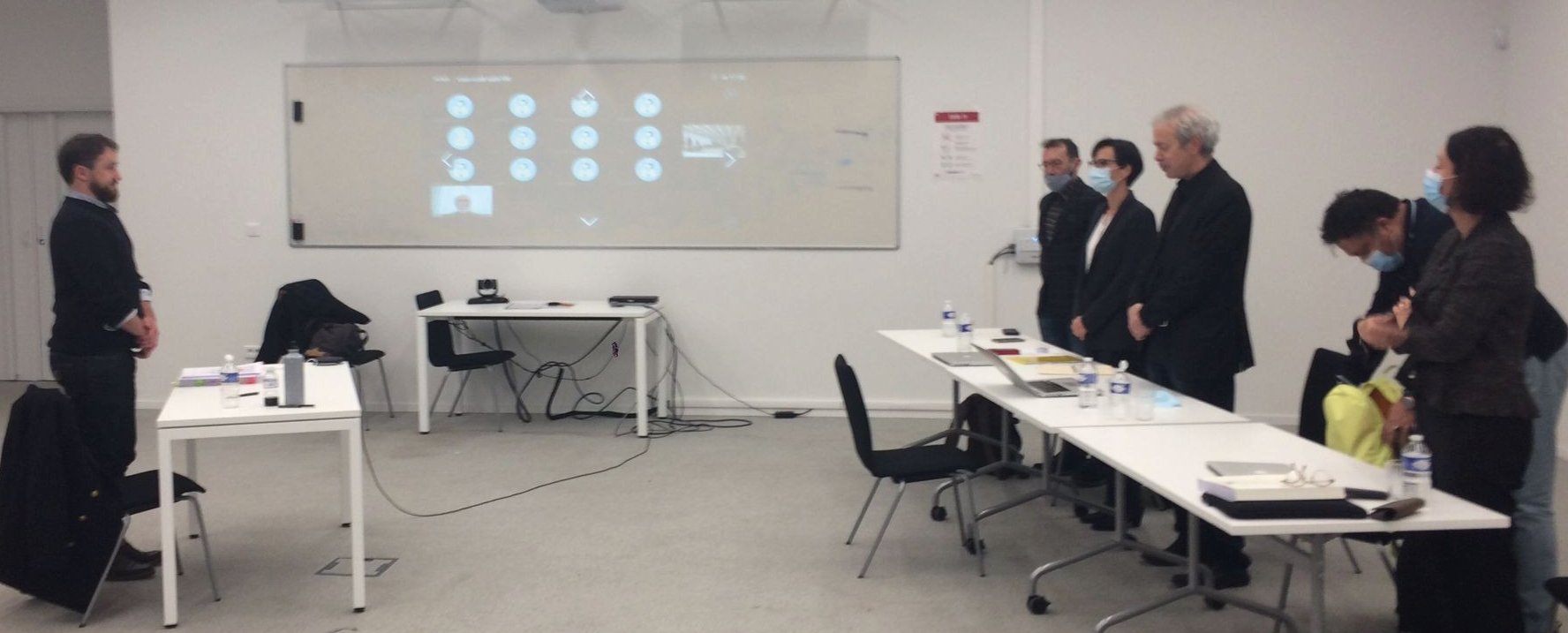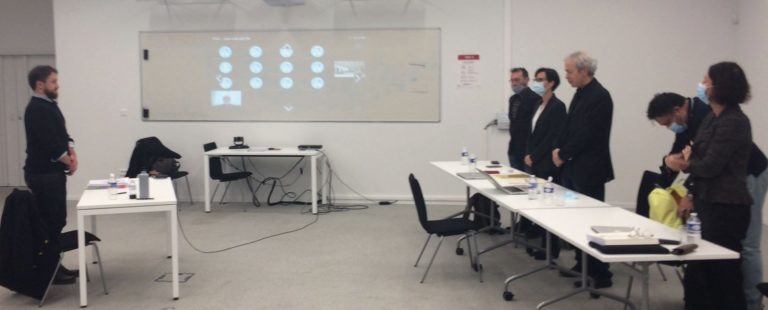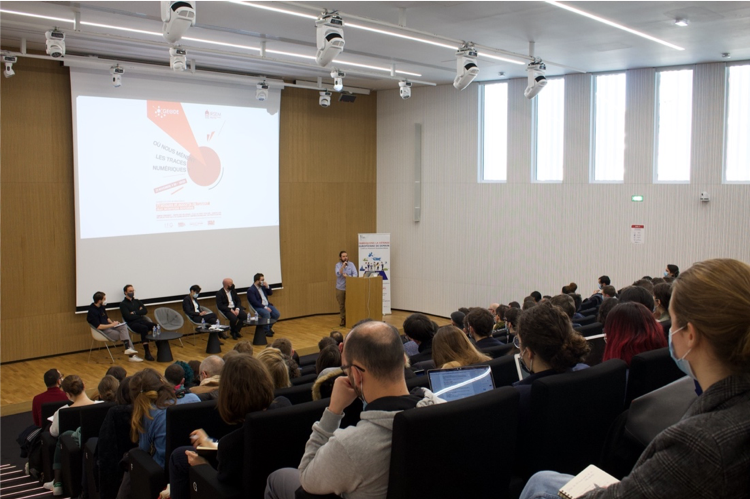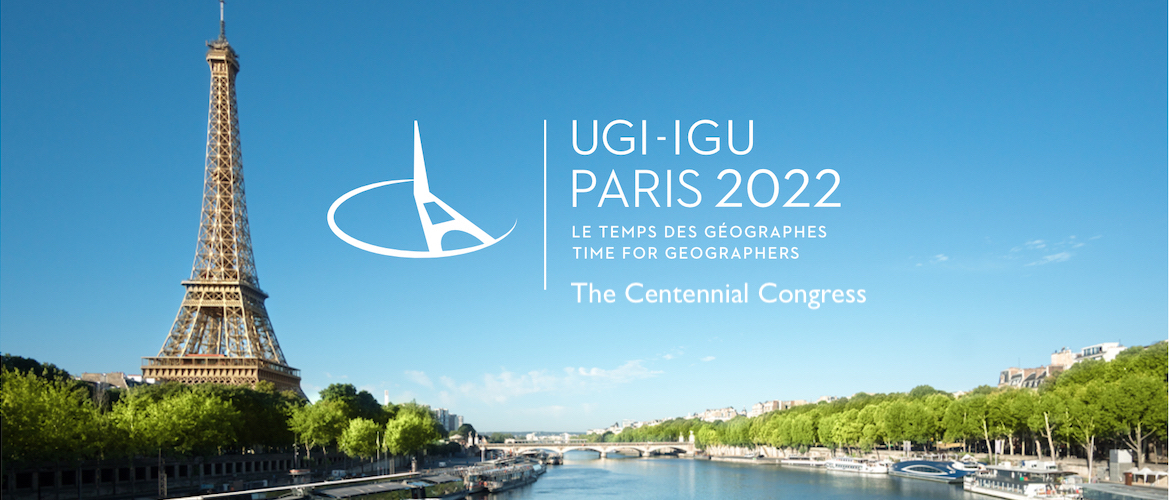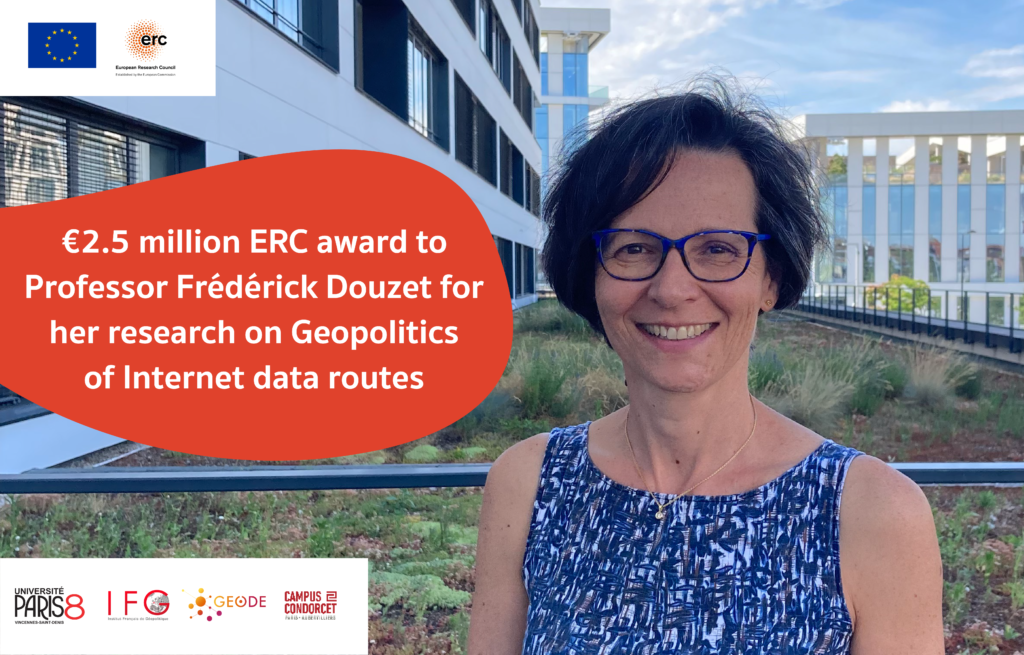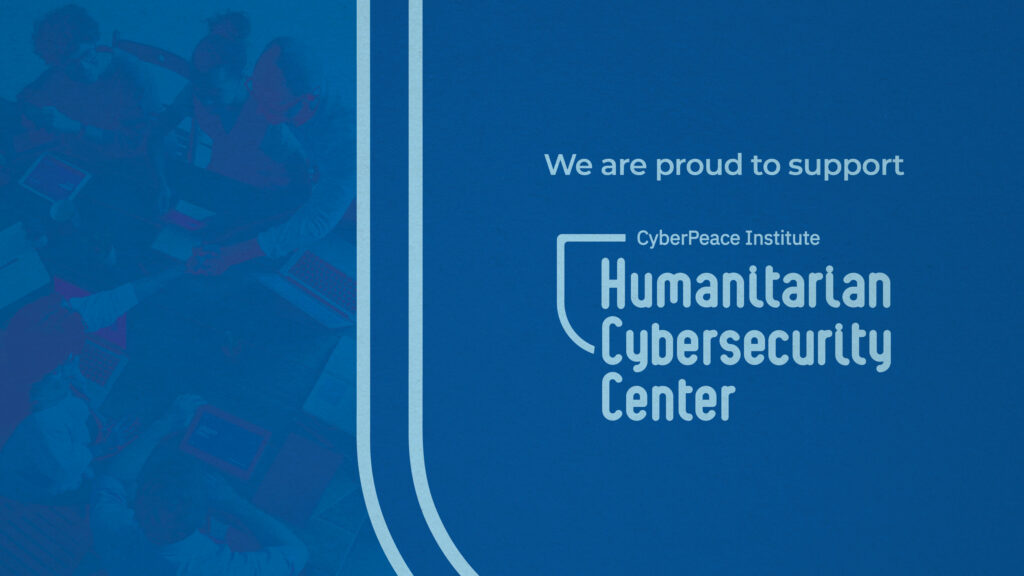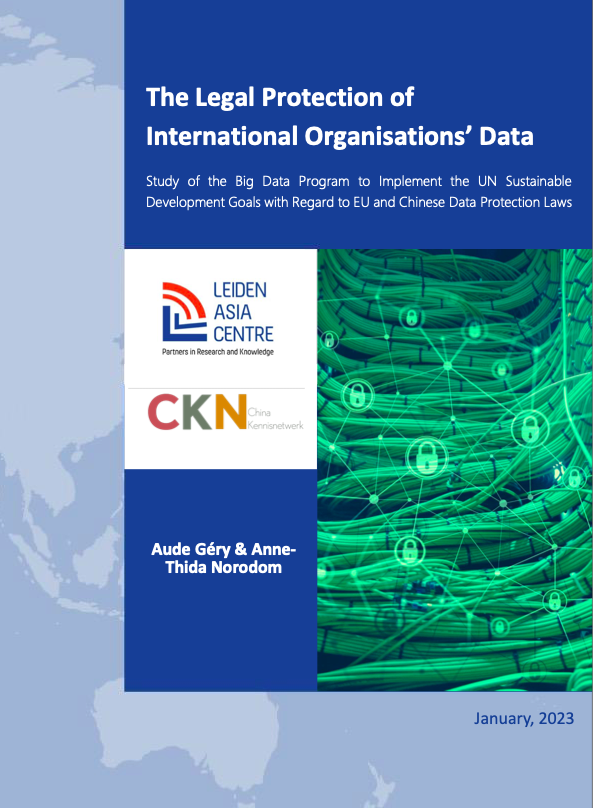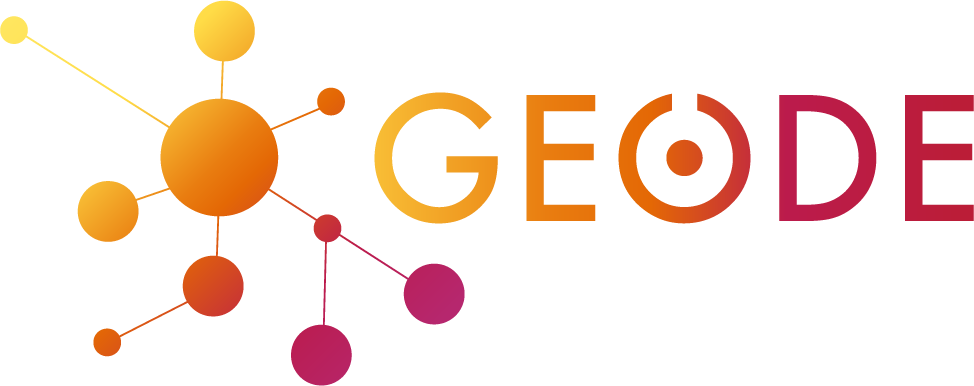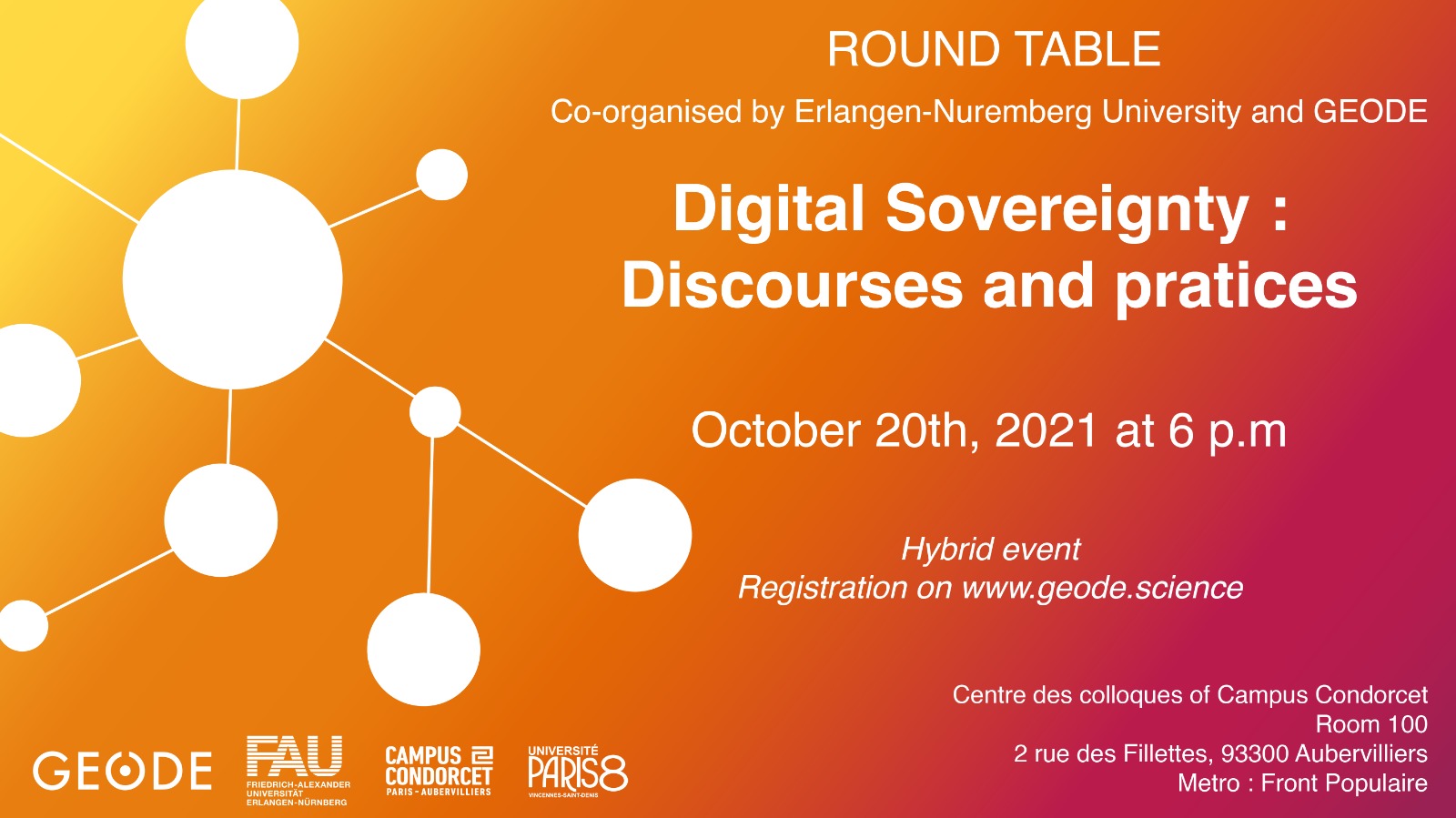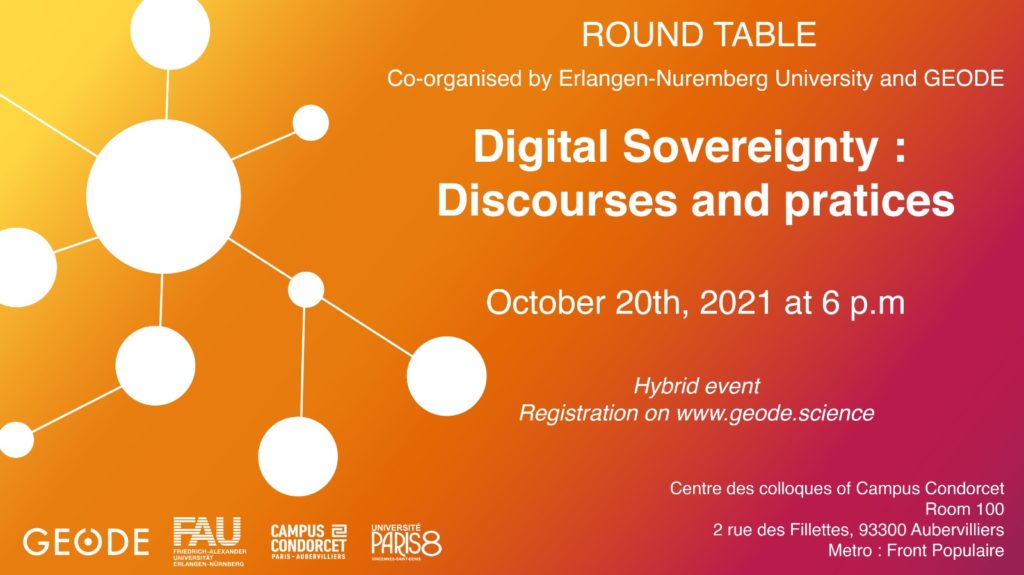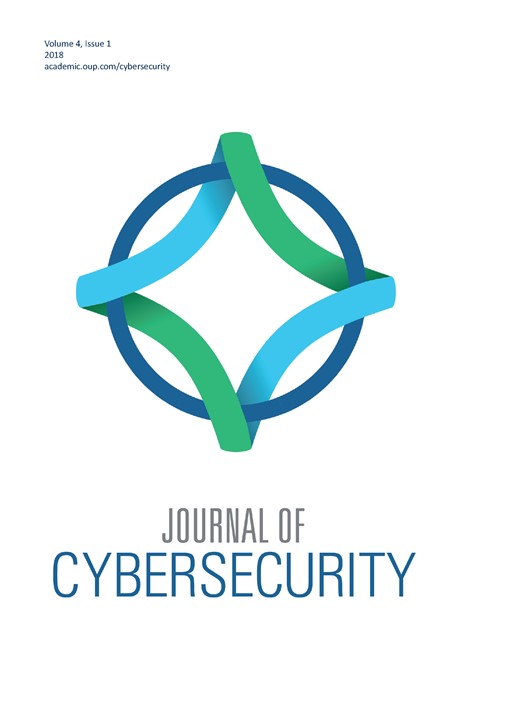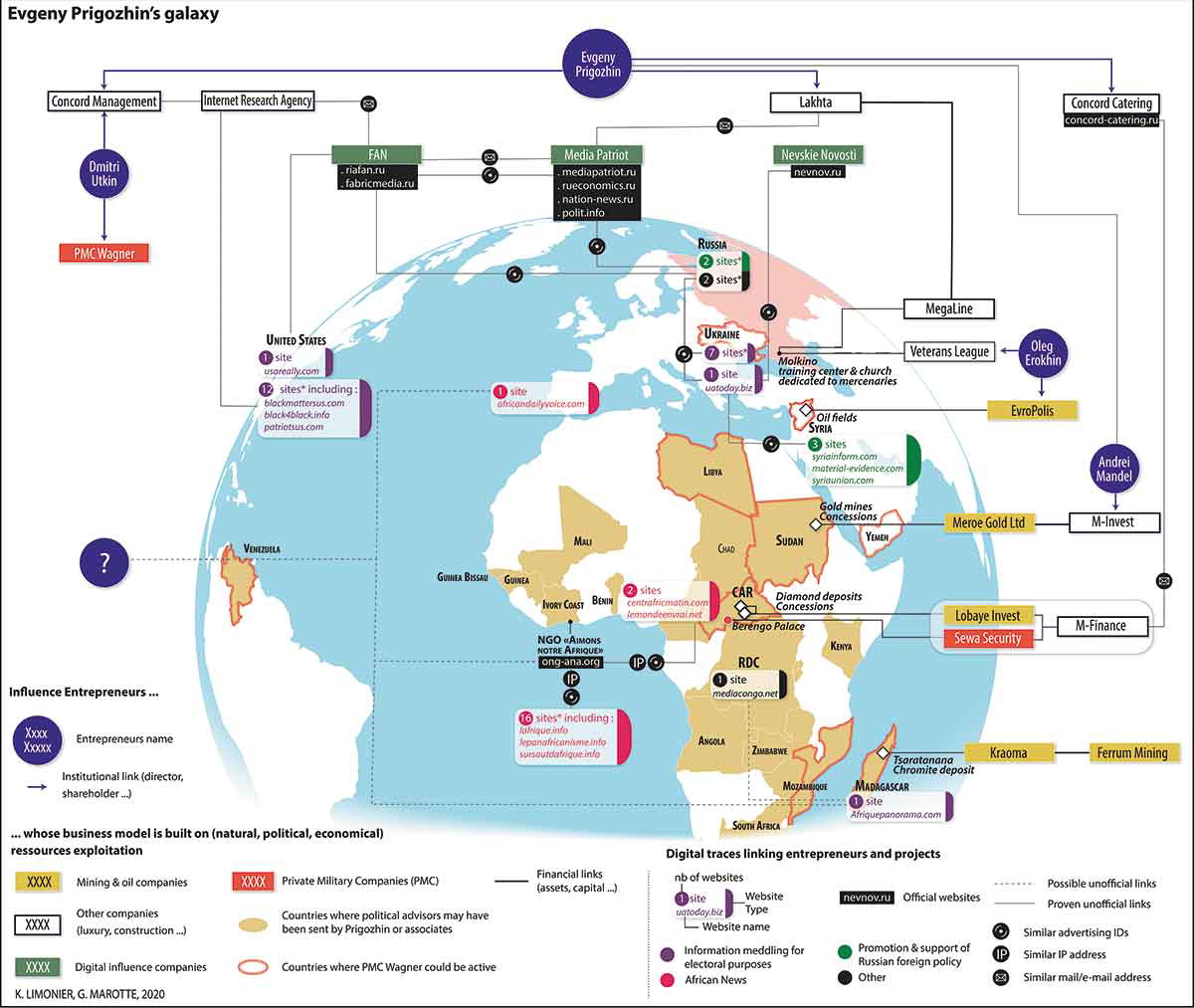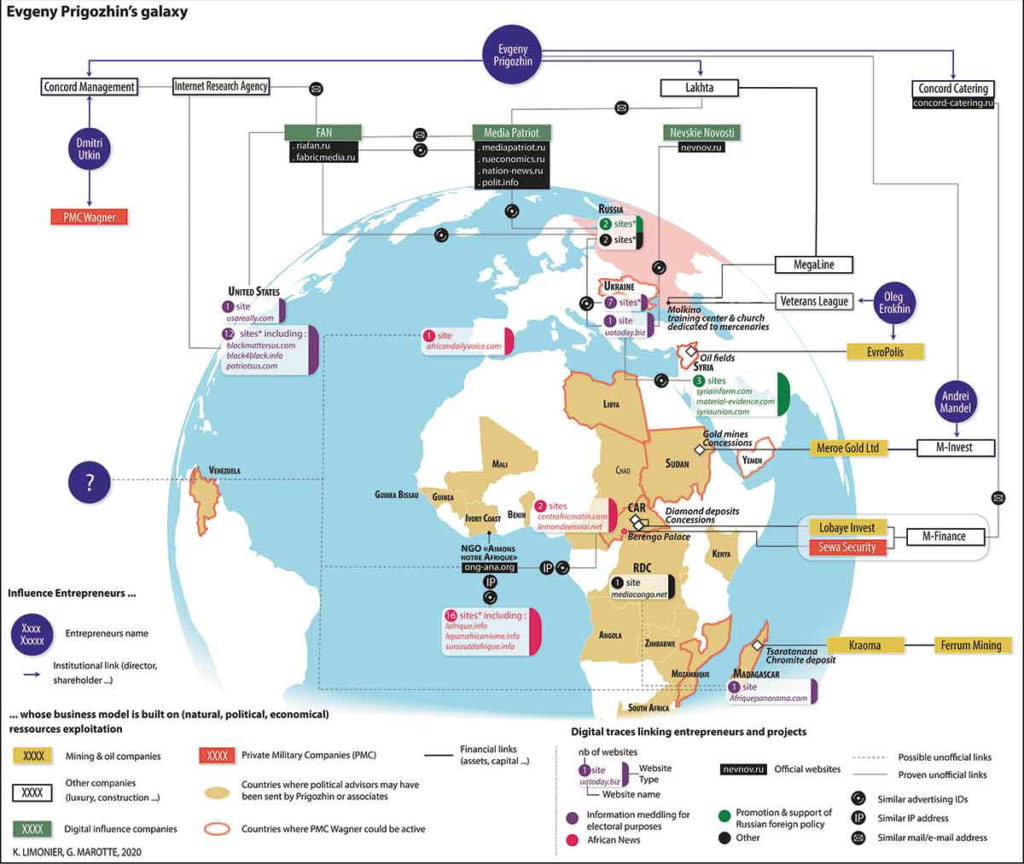This seminar on the theme of OSINT was held on Monday 29 November at the Condorcet Campus in Aubervilliers. It gathered 176 people during the day, of which more than 50% were young people under 25 years old, especially students.
Organised by the GEODE (Geopolitics of the Datasphere) research centre and the Strategic Research Institute of the Military School (IRSEM) in partnership with Paris 8 University, la Fabrique Défense (Ministry of Defence) and the French Institute of Geopolitics (IFG), it was an opportunity to discuss the use of OSINT in particular in the context of geopolitical research and analysis, but also in other areas such as defence, cybersecurity, IT professions and journalism.
The day began with introductory remarks by the organisers, Kevin Limonier, deputy director of GEODE, and Paul Charon, director of the “Intelligence, anticipation and hybrid threats” domain at IRSEM. This was followed by the presentation of Viginum (Vigilance and Protection against Foreign Digital Interference), a new public agency for the fight against information manipulation attached to the Prime Minister’s office and placed under the General Secretariat for Defence and National Security (SGDSN).
The first round table “OSINT as an operational practice” was then opened with Roman Adamczyk (EU Disinfo Lab), Hugo Benoist (OSINT-FR), Mathieu Gaucheler (Maltego), Romain Mielcarek (Journalist) and Clément Audebert (Preligens). They were invited to present their structure and their respective work and to answer questions from the audience. We were able to learn, for example, about the difficulties encountered during the investigations carried out by the EU desinfo Lab, a Brussels-based NGO. Journalist Romain Mielcarek pointed out that OSINT is a term from the world of intelligence and that each discipline using this method of investigation must define its own ethical framework. OSINT is only one of several research methods that should not exclude the physical field.
In the afternoon, the second round table “Methodology and OSINT: a tool for research” gave the floor to four researchers on their experience with this method of collecting information.
– Léa Ronzaud (Graphika) told us about the tools used for her team’s unsuccessful investigation to find the person responsible for distributing toilet paper bearing the image of Joe Biden in Times Square.
– Hugo Estecahandy (GEODE) gave us an introduction to the functioning of bitcoin based on information found on the Égalité et Réconciliation website.
– Marie-Gabrielle Bertran (GEODE) gave two examples of OSINT on the Russian internet, the first relatively open and then on grey data (leaks) based on two cases: the theft of data from SyTech, a subcontractor of several Russian official bodies, and the attack on the Sands group in Las Vegas by a group of Iranian hacktivists
– Finally, Ksenia Ermoshina (CNRS) presented a video of her research on the consequences of the annexation of Crimea for the region’s internet infrastructure.
The session “Epistemology of OSINT: contributions and limits for the social sciences” closed the day. It provided some perspective on these investigations in the “digital field”, with reflections on the value of the data collected through these methods, on ethics and on the limits of their use in the framework of a research project. Hervé Letoqueux, president of Open Facto, reminded us what “responsible OSINT” is, namely information retrieved “without guile or stratagem”. The other speakers, Rayya Roumanos (IJBA), Kevin Limonier (GEODE), Paul Charon (IRSEM) and Fabien Laurençon (IRSEM), gave their views on the ethics of OSINT and on the need to supervise and organise this new field of research.
The GEODE team is very pleased to have participated in the organisation and content of this conference, which was rich in exchanges and feedback.
